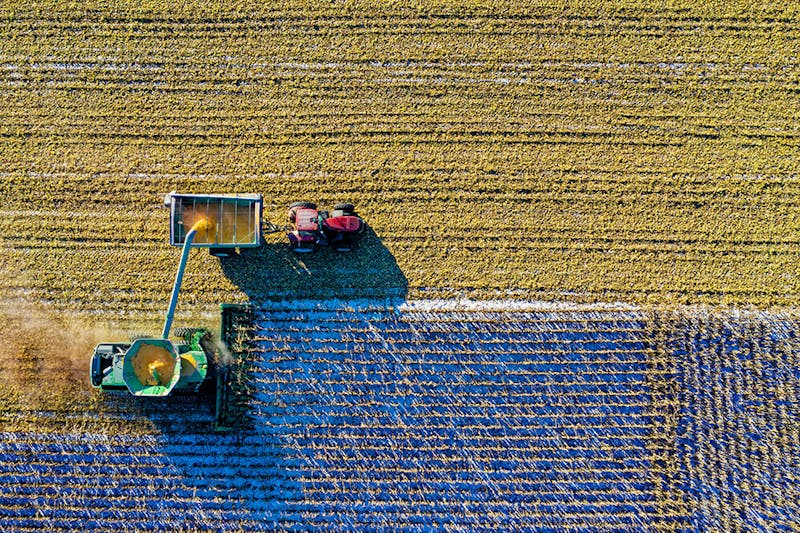
Farming is hard, essential work, and in Arkansas, it’s one of our leading industries. On top of that, it’s also tiring. According to the National Census of Fatal Occupational Injuries, farming and agriculture are in the top five most dangerous occupations, and the farming industry employs over 2 million people. One of the biggest reasons that farming is dangerous is because it requires industrial tools, like tractors, to efficiently harvest, till, and plant crops.
While tractors are necessary to farm work, they can also be harmful when tractor accidents occur. At McMath Woods, P.A., we know that an injury from a tractor accident is a major setback in your life since farming isn’t a job that can be put on hold. We can help you recover workers’ compensation for a tractor accident that left you injured and unable to farm.
Let’s look at some of the causes of tractor accidents and how often they happen.
Why Do Tractor Accidents Happen?
Since tractors are heavy machinery, accidents involving them are especially dangerous because so many things can go wrong. According to the CDC, farming has a fatality rate of about 20 deaths per 100,000 workers where transportation accidents were the leading cause of death. Tractor accidents are tallied with transportation accidents and include:
- Rollovers. Rollovers are the most common tractor accidents. Since tractors have a high center of gravity, when they tip, the situation can quickly become deadly if they do not have the proper safety features in place effectively being used.
- Runovers. When drivers aren’t paying attention or make a mistake, they can run over other workers and cause a serious injury or fatality.
- Collisions with cars. While transporting tractors to and from other farms or fields, workers often have to drive on main roads. Tractors can only travel 20 miles per hour maximum, which usually is considerably slower than the posted speed limit and other motor vehicles traveling on the road. Sometimes accidents can occur when cars don’t properly slow down or carefully pass tractors.
- Entanglement. Tractors have a lot of moving parts, and sometimes they can injure workers.
- Driving on uneven terrain or in inclement weather. Much like regular motor vehicles, driving tractors on uneven land or in snow, ice, or rain can cause accidents to happen.
Adults aren’t the only workers at risk when using a tractor on a farm. Many farmers rely on their children to help on the farm, and they are also injured. The Children’s Safety Network (CSN) reports that 23% of children’s fatal injuries on farms were from machinery—which they sometimes operate.
How to Avoid Tractor Accidents
Sometimes accidents are unavoidable. But using caution when operating heavy machinery can help prevent accidents as much as possible. Other than caution, there are safety features on tractors that can keep a driver as safe as possible in the event of an accident. Since rollover accidents are the most common, tractors should have a Roll-Over Protective Structure (ROPS).
A ROPS is a roll bar or cage frame that protects the driver in a rollover by giving them more room as well as sometimes keeping the tractor from rolling more than 90 degrees. Most newer tractors have Roll-Over Protective Structures (ROPS) that are meant to prevent injuries in the event of a tractor rollover, but older tractors might not have the same protective parts.
Currently, the CDC reports that over 60% of tractors on farms are equipped with a ROPS, but that number could always be increased to improve safety on farms. Even if a tractor has a ROPS, though, if the driver is not wearing their seatbelt, they could still suffer fatal injuries from a rollover.
Contact McMath Woods, P.A. for Legal Help
A tractor accident or any other accident while working on a farm can be devastating. At McMath Woods, P.A., we know an injury while farming in Little Rock can compromise your ability to work and jeopardize your income. With one of our expert workplace injury lawyers on your case, you will be able to focus on recovering physically and emotionally while we work to help you recover financially. Contact our office today so we can discuss your potential claim.

